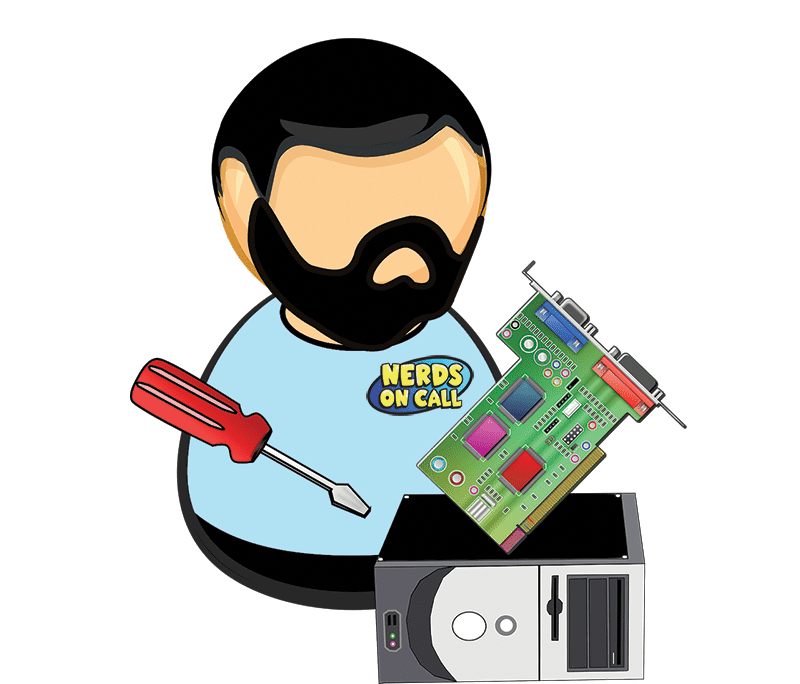Computers For Seniors: What Are The Options?
When you think “cutting edge technology,” you probably don’t think “senior citizens,” but recent advances in technology are aimed at making life easier for grandma and grandpa, as well as those that care for them. These devices make it possible for the less tech-savvy to stay connected to friends and family and for remote caregivers to monitor health and wellness.
Associate Professor of Psychology T.J. McCallum, Ph.D., of Case Western Reserve University conducted a three-month study wherein he found that seniors that used technology had higher self-esteem and greater social interaction than those that did not use technology. Social media, email, online gaming and video chat offer a great way to connect with friends and family or find support among the many interest groups hosted online. Yet many seniors are unfamiliar with computers and/or have difficulty navigating the Internet, and the learning curve for new technology can be steep.

Like This? We have more!
Sign up below to be kept in the loop and be sent more content like this in the future!
Telikin (www.telikin.com) was designed to be “possibly the world’s easiest computer,” as professed on their website homepage. It’s a sentiment echoed by many of the reviews I consulted online. It offers large print text, a simple touch-screen (easier for those suffering from arthritis or who never mastered a point-and-click mouse), with menus on the left that never go away for easy navigation between email, video chat, photos, online games and more. The 18.5” version will set you back about $650, or there’s a 20” version for around $1,000. According to the majority Amazon reviewers it’s very simple to use and offers exceptional technical support.
The drawbacks are that it’s pricey for the specifications: 2 GB of RAM is pretty paltry and a 1.8GHz processor won’t be winning any speed tests. It’s not meant to be upgraded, though on the bright side that means that you won’t be installing additional programs to use up the few available resources. In order to remain simple the software is locked down. Grandma won’t be using Gmail or hotmail, but instead the Telekin supplied email. One user pointed out that it’s only available in English, but frankly I’d welcome never getting a panicked call that the computer is suddenly only “speaking” German.
Advances in home monitoring have allowed many seniors to extend the time they can remain at home, while offering remote caregivers peace of mind. The GrandCare System (www.grandcare.com) uses a dedicated Internet connection and wireless sensors throughout the house to allow designated caregivers to send communication to their loved one, view activity and monitor their health and wellness as they go about their daily life at home. Sensors track certain kinds of movement, such as if there’s an unusual amount of activity at night, if the medicine cabinet fails to open at the right time, or if the refrigerator is unused for an extended period of time. If grandpa, for example, forgets to take his pills, doesn’t get up at the usual time, or opens the door at an odd hour, a caregiver alert will be sent via text, email or phone.

The GrandCare System also integrates into a touch screen computer hub that’s designed to be simple and easy to use. Friends and family can send pictures, messages, keep a calendar up to date with appointments or send videos that are viewed with one touch. Easy access to Skype (for two-way video chat), Facebook and YouTube allows seniors to stay connected. The system runs about $500 for installation and $100 in monthly fees for a one-bedroom apartment.
Even seniors that don’t yet need extensive monitoring can benefit from systems that will support the add-on of such services at a later date. Lowe’s IRIS (www.lowes.com/iris) Smart Home technology is expandable. Today you can use the home security and programmable lighting and climate management; when you need them, additional sensors can be integrated into the system to monitor activity and send alerts to loved ones if something strays from the norm (like if the lights don’t turn on at the regular time or the refrigerator doesn’t open). The system also supports an emergency alert pendant.
There are a variety of standalone devices that can allow remote monitoring of senior’s health. From medication management systems that will dispense medication at programmed times and doses, to remote health monitoring systems that allow doctors to track vitals over the Internet, technology is really a senior’s best friend. If you or a loved one is struggling to find a solution to an elder-care issue I haven’t mentioned, send me an email. There are many other products that may be able to help.
If you find yourself in need of computer assistance, don’t hesitate to contact us.

About The Author: Andrea Eldridge is CEO and co-founder of Nerds On Call, a computer repair company that specializes in on-site and online service for homes and businesses. Andrea is the writer of a weekly column, Nerd Chick Adventures in The Record Searchlight. She prepares TV segments for and appears regularly on CBS, CW and FOX on shows such as Good Day Sacramento, More Good Day Portland, and CBS 13 News, offering viewers technology and lifestyle tips. See Andrea in action at callnerds.com/andrea/.
Like This? We have more!
Sign up below to be kept in the loop and be sent more content like this in the future!






